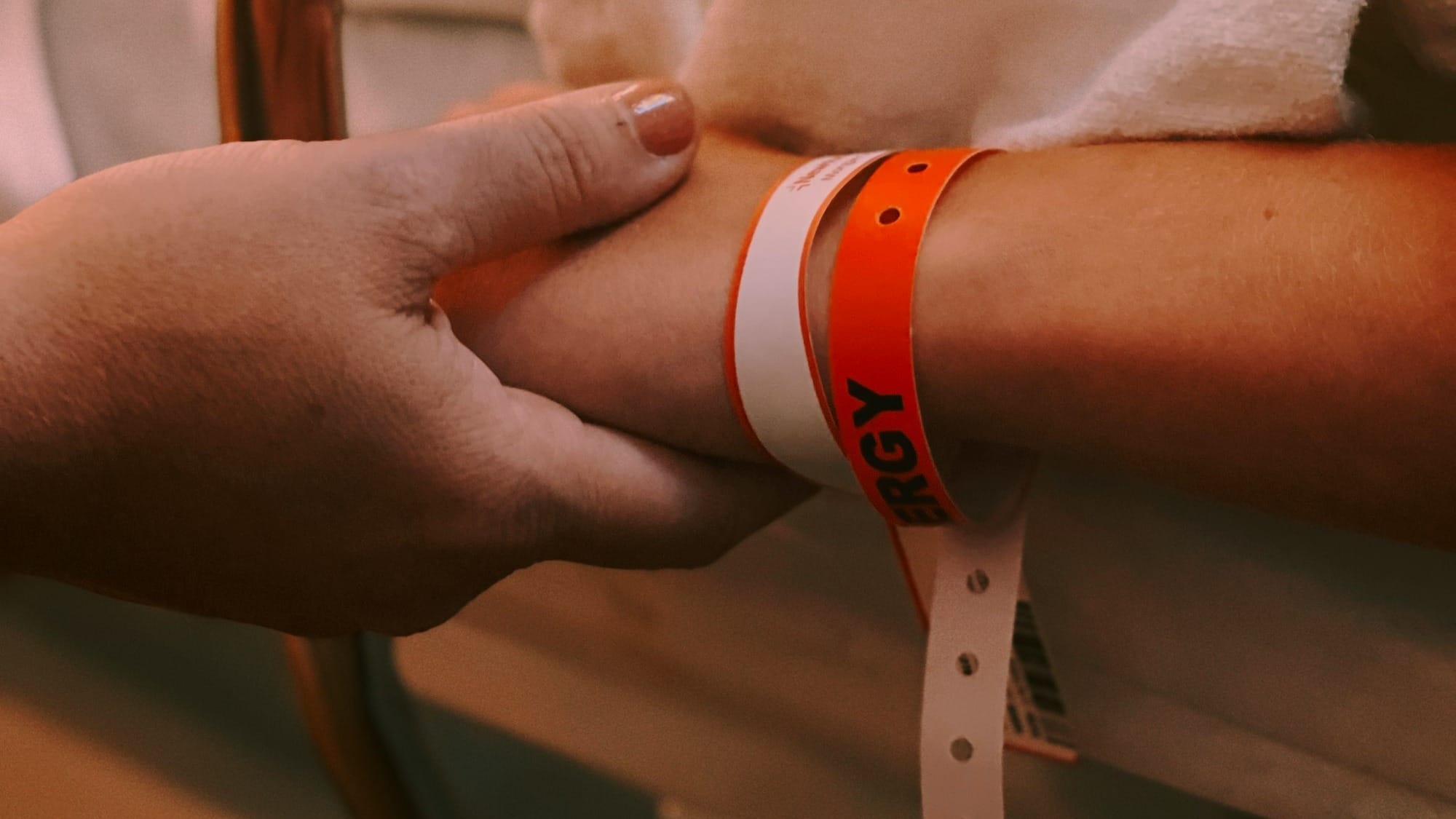Be Prepared for the Unexpected Emergency Visit to Hospital
Being prepared for an unexpected trip to the emergency room can save time, decrease stress, and even improve treatment.

An unforeseen trip to the hospital's emergency room can be a daunting experience. For many family caregivers and their elderly loved ones, it often brings about stress and anxiety. Since emergencies can happen at any time, being prepared can save precious time, reduce stress, and ensure timely treatment when it's needed most. Here are some essential tips to make your visit to the emergency room more efficient:
1. Maintain an Updated Medical Information File:
- Create a comprehensive file that includes:
- Diagnosis of chronic medical conditions.
- Results of previous medical tests.
- A list of your allergies.
- An updated list of your current medications.
- Names and contact information for your healthcare providers, family, and friends who may need to be reached in case of an emergency.
- Keep this file readily accessible, as even in moments of stress, you may forget critical health information.
2. Prepare for the Unexpected:
- As a family caregiver, there are proactive steps you can take to make a significant difference in such situations.
- Being prepared allows you to focus on your family member's well-being.
- If the emergency involves a close family member, consider asking someone to accompany you. In stressful situations, you may not be in the best frame of mind to make decisions or fully understand the information provided.
3. Communication within the Emergency Room:
- When inside the emergency room, you might encounter nursing staff and doctors you've never met before.
- They may order tests that seem to take a long time to complete. Don't hesitate to ask for an explanation of each test and why it's taking time.
- Building a good rapport with the ER staff can help move things along, but keep in mind that lab work can often be time-consuming.
4. Specialist Consultation:
- If your family doctor is unavailable for consultation, the ER doctor may recommend specialists.
- While the ER may have a call roster for suggested specialists, you can request a specialist you are familiar with if you have one in mind.
- Thorough research and having knowledge of potential specialists can be invaluable in such situations.
5. The Importance of Being Prepared:
- The hospital staff will appreciate your readiness, as you'll have all the information they need readily available.
- Being prepared not only saves time in a crisis but also reduces stress and anxiety for everyone involved.
In conclusion, staying prepared for a medical emergency can bring peace of mind and enhance the efficiency of your visit to the emergency room. Create a checklist today and rest easier knowing you are ready to handle unexpected situations.
We have created a checklist that will take the stress out of this situation.
Aging and Chronic Illness : Do You Know the Right Questions to Ask?
